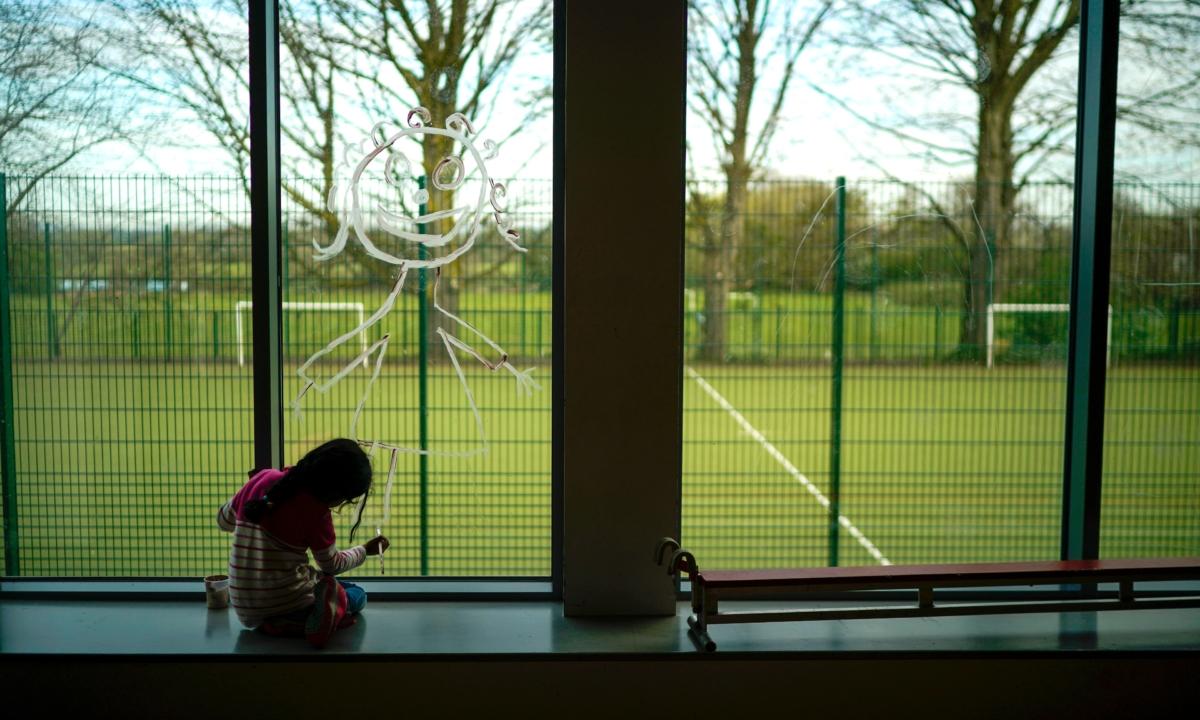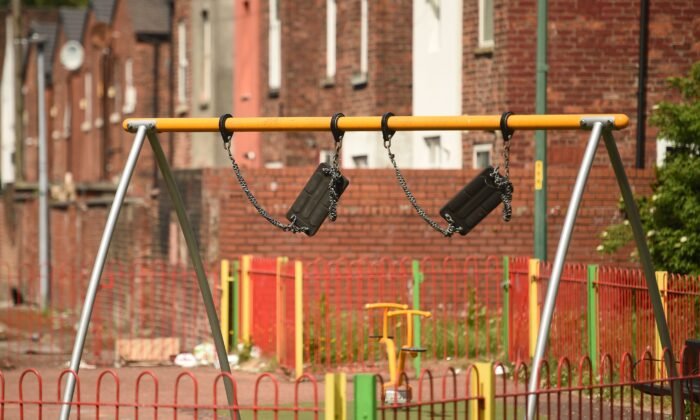Study finds that girls were more significantly affected by lockdowns in schools than boys
Although girls have traditionally outperformed their male counterparts, the gender gap in primary and secondary maths, as well as secondary reading, has narrowed.
Analysis shows that the COVID-19 lockdowns had a more negative impact on the academic achievements of girls compared to boys.
Girls have generally outperformed boys, especially in reading, but the gaps between them have narrowed.
EPI’s Jon Andrews, the head of analysis and director for school performance and systems, noted that the pandemic hit girls’ academic achievements harder than boys, with boys showing improvements in primary maths.
The study, conducted with education provider Renaissance, analyzed 6 million assessments taken by students in years 3 to 9 in 2022–2023 to measure the impact of lockdowns on children’s learning.
Gender Gap in Academic Achievement
The report found that in primary maths, both girls’ and boys’ results declined, but girls experienced a greater decline, widening the attainment gap in favor of boys from two months to 2.9 months.
Results for girls in primary reading were similar to pre-pandemic levels, while boys showed improvement, resulting in the gap narrowing by one month, with girls now 3.1 months ahead of boys.
At the secondary level, boys’ reading outcomes remained the same while girls’ outcomes declined, narrowing the gap by 1.2 months, with girls still leading by 4.4 months.
Impact on Disadvantaged Pupils
The report also looked at outcomes for disadvantaged pupils, revealing a widening gap between pupils from low-income backgrounds and their peers since the lockdowns.
The study highlighted that outcomes for persistently disadvantaged pupils—who are eligible for free school meals for at least 80 percent of their time in school—are particularly poor.
Among primary-aged pupils, persistently disadvantaged students are now typically ten months behind their non-disadvantaged peers in maths and over 14 months behind in reading.
The report also pointed out “substantial gaps” between different regions in the country, noting that the lockdowns exacerbated geographic inequalities by increasing the disparity between high and low-performing regions.
The findings suggest that the effects of the pandemic on national assessments may persist for some time.

Challenges of Remote Learning
Paul Whiteman, general secretary of the National Association of Headteachers, emphasized the challenges faced by students due to the disruptions caused by the pandemic.
“Schools worked incredibly hard to minimize the disruption, but there is no replacement for in-person learning,” he stated.
Schools closed in March 2020 and reopened partially in June, only to close again from January to March 2021, forcing children to learn from home for several months.
The Department for Education highlighted that while girls generally perform better than boys, the gender gap has narrowed in the latest data.
The department is implementing various measures to enhance outcomes for all students, including additional support for disadvantaged pupils through initiatives such as the pupil premium and the National Tutoring Programme.
Long-Term Effects of Lockdowns
During an interview with NTD’s “British Thought Leaders” programme in February, journalist and author Harriet Sergeant raised concerns about the long-term impact of lockdowns on children’s well-being.
Sergeant highlighted a significant increase in persistently absent children after the lockdowns, indicating potential long-term damage.
She distinguished between two groups of absent children—those who are anxious to leave their rooms and those who are aggressive and dropped out of school.
These findings indicate the significant challenges faced by students during the pandemic and the importance of addressing the gaps in academic outcomes and well-being moving forward.
PA Media contributed to this report.






